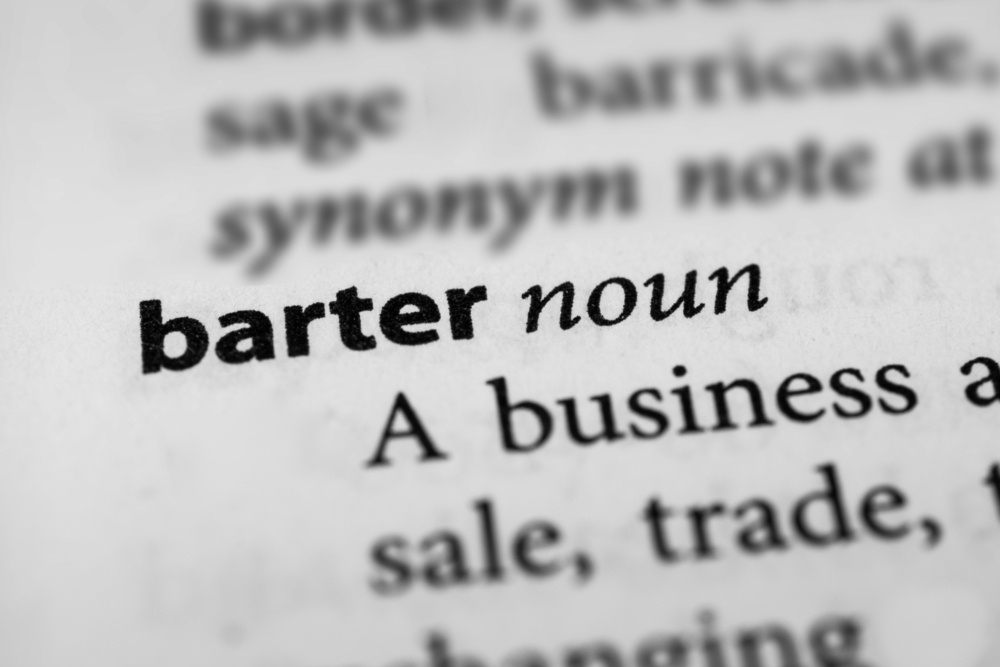Does your business barter? Here are some facts you should know

Many small businesses are cash-strapped in the current economy. Instead of paying cash, they can find it advantageous to barter or trade for goods and services. The internet has made it simpler to interact with other businesses while bartering, the oldest form of trade. However, suppose your company engages in bartering. In that case, you should know that the fair market value of the items you get in exchange is taxable income. Additionally, if you trade services with another company, both parties will get taxable income from the deal.
Business bartering
Here are a few examples:
- A computer specialist consents to a service trade with a marketing firm
- A plumber performs maintenance work for a dentist in exchange for dental care
In these situations, the received services’ fair market value is taxed on both parties’ behalf. For the same services, they would typically charge this price. Unless there is contrary proof, the value agreed upon by the parties in advance for the services shall represent the fair market value.
In addition, if the service is a trade for property, income is obtained. For instance:
- If a construction company completes work for a retail company in return for unsold merchandise, it will receive a payment equal to the inventory’s fair market value
- An architectural business will receive revenue equivalent to the fair market value of the stock if it performs services for a corporation in exchange for shares of the company’s stock
Barter clubs
Several businesses form barter clubs to facilitate barter exchanges. These clubs typically operate on a “credit unit” structure, where members receive credits for supplying goods and services. Then, you can exchange other members’ credits for products and services.
Bartering is often taxable in the year it takes place. So, let’s say you do participate in a barter club. You can be subject to taxation on the value of credit units when the deposit hits your account. That is, even if you don’t use them to purchase goods and services until a subsequent year. For example, consider earning 2,500 credit units for one year, each redeemable for $2 worth of goods and services. You’ll earn $5,000 during that year. However, since you have already paid tax on the revenue, you won’t have to pay more when you redeem the units the following year.
If you join a barter club, you must provide your Social Security number or Employer Identification Number. You must also attest that backup withholding does not apply to you. The club will deduct tax from your bartering income at a rate of 24% unless you provide this certification.
A barter club will issue members a Form 1099-B, titled “Proceeds from Broker and Barter Exchange Transactions,” by January 31st of each year. This document details the worth of money, goods, services, and credits that you acquired through exchanges the previous year. The IRS will also receive notification of this information.
Conserve cash, reap benefits
By bartering, you can exchange the surplus stock or offer services when business is slow while keeping your cash in the bank. When a consumer doesn’t have the necessary funds on hand to finish a purchase, you can potentially find yourself haggling. These transactions can be advantageous for all parties as long as you know the federal and state tax implications. Contact our RRBB accountants and advisors if you require assistance or more details.
© 2022
RRBB eNEWSLETTER
Get free tax planning and financial advice




